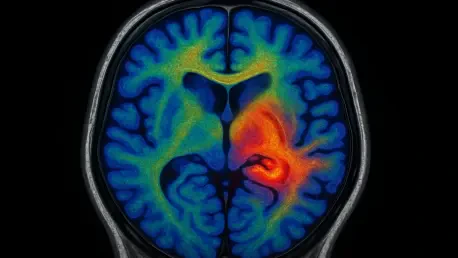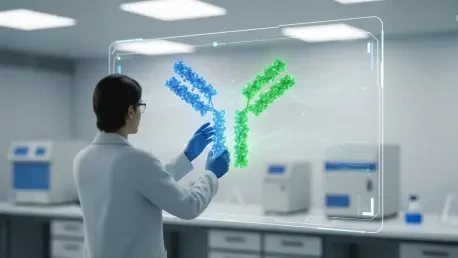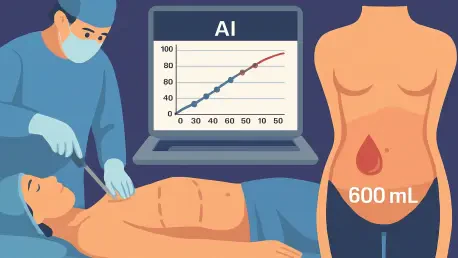
A sophisticated new strategy merging artificial intelligence with experimental biology has successfully identified and neutralized a key mechanism viruses use to invade human cells, a development that could revolutionize antiviral drug design. Researchers at Washington State University have

The shadow of a dementia diagnosis often looms large, especially for those with a family history, creating a sense of genetic inevitability that can be both frightening and disempowering. However, groundbreaking research from UC San Francisco is challenging this deterministic view, suggesting that

The invisible wounds of trauma have long presented a formidable challenge for modern medicine, particularly in the diagnosis of Post-Traumatic Stress Disorder, a condition historically reliant on the subjective and often fluctuating self-reports of patients. For the approximately 23% of 9/11 World

We're speaking with biopharma expert Ivan Kairatov about a groundbreaking study that uses artificial intelligence to decode one of the immune system's fundamental secrets: how antibodies are built. For decades, a key assumption about antibody assembly has shaped therapeutic design, but a new AI

A comprehensive national survey has illuminated a critical tension at the heart of modern medicine, revealing that pediatric surgeons are cautiously navigating the integration of artificial intelligence while grappling with a host of unresolved ethical and practical challenges. The study

The world's most popular cosmetic surgery now has a digital guardian, an intelligent algorithm designed to foresee its most significant complication before it even begins. Liposuction, a procedure sought by millions for aesthetic enhancement, carries inherent surgical risks that scale with the